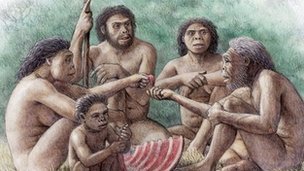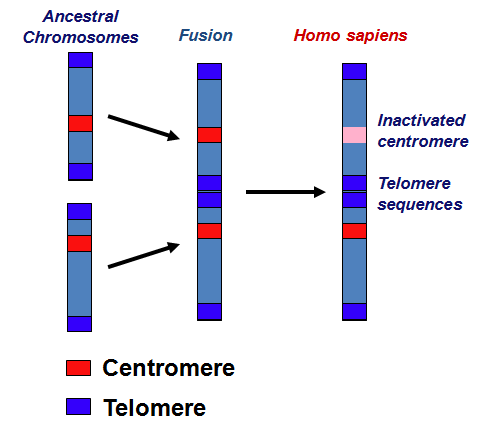Science is constantly presented to me on forums like this just as I described it. Science is rational belief in the Bible is irrational. Study of science rational, study of the Bible irrational. Science ever changing religion never changing.
It might surprise you how rarely scientists think about the Bible in their work.
You can't say that it's a fact that Pluto is a planet one day and then the next say it isn't a planet without having been wrong at least half the time.
Do you understand
why Pluto was originally called a planet, and why it's no longer considered one?
Remember, science is a research tool. It explores, it gathers new information. If it's not going to incorporate that information into our understanding of the world, why bother?
Science' description of the world is the Gold Standard. It's the best description of reality we have, given the most up-to-date facts.
We don't need science to tell us it's raining outside or that the grass is green.
But you do need it to tell you
why the grass is green of
why it rains. You need it to understand the chemistry and mechanics. You need it to develop useful technologies based on these.
Do you ever listen to weather forecasts?
I've repeated over and over to
@Subduction Zone that science is guessing, speculative, conjecture and he constantly repeats that I don't know the meaning of these terms or science.
And we've repeatedly told you why you're wrong in this, yet, apparently, it goes in one ear and out the other.
This hypocrisy is idiotic at best.
This obtuseness is idiotic, at best.
Of what?
I believe one day they will not have a choice.
I repeat the question: How would science come to such a conclusion? The best it can do is say God is
unnecessary to explain the world we see.
A science minded atheist promotes science as incontrovertible evidence that there are no God(s), normally without having even a basic understanding of what a God is.
So a "science minded atheist" is a kind of huckster?
Atheists don't have to proffer evidence against God. Atheism is the epistemic defauld position. Theism is the extraordinary claim. The burden of proof is on the theists.
Scientifically illiterate atheists, though that isn't a term I would use, I would just use the common term atheists, don't care about science. Science minded non-atheists would be science minded theists; That is theists who promotes science as incontrovertible evidence that there are no God(s) normally without having even a basic understanding of what science or a God is. They follow the pack of wandering stupidity no matter if it's based from a laboratory or a church.
What
is a God, then, in your opinion. Perhaps I've misinterpreted your meaning, here.
Not really. People seem to vastly overestimate the role of science proper in technological progress (although that's not to say it hasn't had a significant impact).
Technologies owe far more to people playing around with stuff in a process of trial and error than formal science.
People have been playing around with stuff for thousands of years, with little progress -- and occasionally negative progress -- till true scientific understanding allowed is to abandon trial-and-error and focus our research on predictable results.
Science comes from the mines of faith
It is a livelihood from God given to some people to help gets their needs
They have faith in God but many people deny faith
Science is a discipline that does its best to
eliminate faith. Science deals with predictable, testable, falsifiable facts.
People have had faith for thousands of years, and it did little to improve their quality of life or understanding of the world.
Yet man is full of vindictiveness and hatred. Odd.
If there is no Lord no Creator

Tell me how you came out of this life?

Where did you come from?

How did you create ?

Did you not learn this in school? Hasn't science largely answered this question?
You imply that religion
does answer these questions. It does not. Religion asserts an agent, it does not propose a mechanism, it does not explain How, it just says Who.
Religion and science are the same thing. The followers just pray to different gods.





